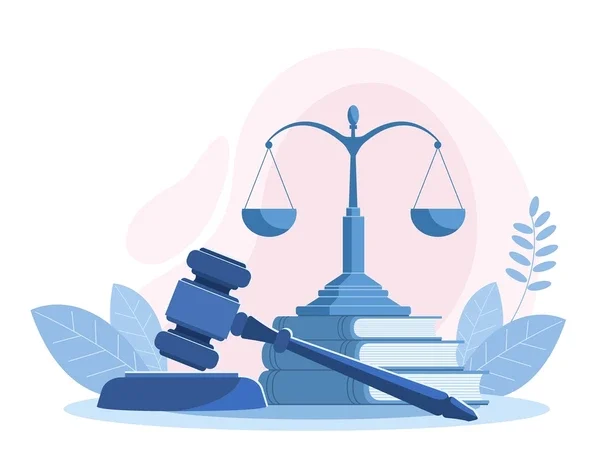

Adherence to good lawmaking principles is linked to the rule of law. To ensure the production of good legislation, provisions of the Constitution and the Rules of Procedure of the Parliament regulate individual issues related to the legislative process and set certain rules that must be followed when drafting and submitting a bill or an amendment for voting (see, inter alia, Articles 74, 75 of the Constitution, Articles 85, 87, 88 and 101 and in general Articles 84-123 and 160 of the Rules of Procedure of the Parliament).
Furthermore, law 4622/2019 regulates, through Articles 57 to 64, issues of legislative procedure and good legislation.
Article 61 of Law No. 4622/2019 establishes a time period of two weeks for bills to be available for public consultation. This time period may be shortened in exceptional circumstances, with one week as the minimum permissible time period for the public consultation process, though any shortening of the two week consultation period requires justification.
According to the regulatory impact analysis that accompanied the bill when it was introduced for adoption (see p. 17), the provisions constituting Part A (relating to the Hellenic Agricultural Organisation-DIMITRA) underwent public consultation from 13 to 27 February 2023 (see more) and the provisions constituting Parts B and C (i.e. the provisions on the “Management Entity of the Amfissa Traditional Olive Grove” and some of the articles contained in the chapter “other provisions for the support of rural development”) underwent public consultation as part of the draft law “Provisions for the development, infrastructure and support of entrepreneurship and tourism” (see more in 1 and 2). This bill, however, was put to public consultation for a period of only 3 days, from 26 February to 1 March 2023, failing to meet the minimum requirement of one week.
Furthermore, the bill submitted for adoption also contained articles that were not found in either of the two draft laws submitted for consultation (see, inter alia, articles 46, 47, 48 and 49).
A further issue is seen in the title of the bill introduced for adoption, since it in fact consisted of two original draft laws submitted separately for public consultation, that were then merged into one piece of legislation. Each individual “Part” of the draft contains separate provisions for its purpose and subject matter, indicating that this draft law regulates several issues that are in fact unrelated to each other.
Furthermore, on 21 March 2023 at 21:45, amendment 1661/42/21-3-2023 was submitted to the bill, which contained 6 articles regulating issues relating to the determination of the boundaries of high productivity agricultural land, the management of surplus fishing capacity, the merger and dissolution of agricultural cooperatives, the definitions of agricultural holding and agricultural activity, the granting of property of the Ministry and grazing management plans.
We note that the amendment in question: a) was submitted the night before the passing of the law and b) contained provisions that regulated many different provisions, which (although they regulated issues of competence of the Ministry that penned the law) were not directly related to any of the main object(s) of the law, i.e. the Hellenic Agricultural Organization-DIMITRA or the Traditional Olive Grove of Amfissa.
On March 21, 2023, the Standing Committee on Production and Trade prepared a report recommending the acceptance, by majority vote of the bill, in principle, article by article and in its entirety.
On 22 March 2023, the draft law under consideration was debated in the Plenary of the House of Representatives and Law 5035/2023, consisting of 56 articles, was passed.
In a state governed by the rule of law, the Government and the Parliament must, in the process of preparing and passing legislation, follow the principles of good lawmaking and apply the rules established to promote and ensure it. This is because good lawmaking is linked to the constitutional principles of transparency and legal certainty, and the application of its rules and principles seek to avoid the phenomena of maladministration and omnibus legislation, which are inconsistent with the principles of the rule of law.
In Greece, however, the violation of these rules of good lawmaking appears to be a long-standing and systematic problem, as highlighted by the legislative journey of Law 5035/2023.
Bank Account number: 1100 0232 0016 560
IBAN: GR56 0140 1100 1100 0232 0016 560
BIC: CRBAGRAA
![]()
In a time where the very foundations of democracy are gradually being eroded by the rise of extreme nationalism, alt-right movements, the spread of disinformation and corporate capture, the efforts of organisations such as Vouliwatch are more relevant than ever.
We rely on the generosity of each and every one of you to continue with our efforts for more transparency and accounta
By financially supporting Vouliwatch you support our litigation strategy, our campaigns for transparency and accountability in the political system, the development of new civic tech tools, our research projects and last but not least our impartial and accurate